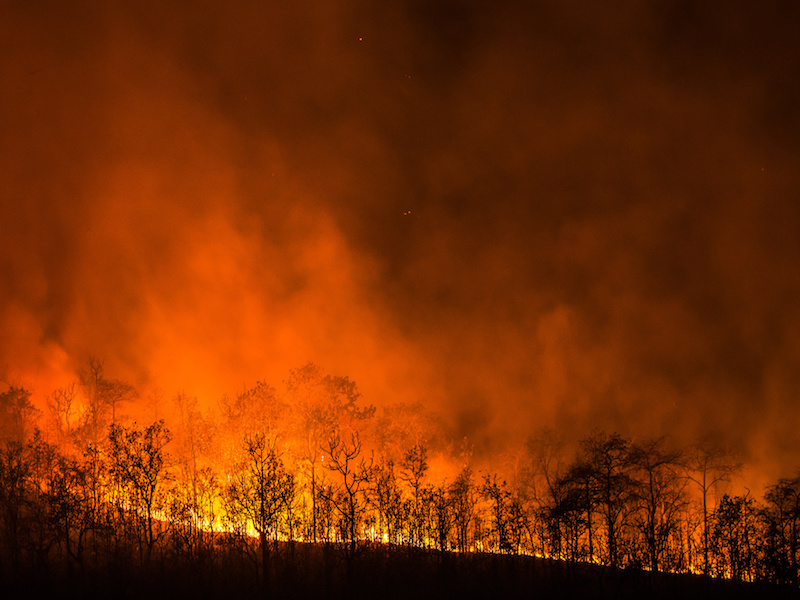

With wildfires raging across the country over the past weeks, employers can support affected employees by offering easily accessible tools and resources, flexible work schedules and extended wellness benefits, says Alex Boucher, principal consultant and total health management leader at Mercer Canada.
Whether they’ve been removed from their homes or are worrying about smoke inhalation, employees are dealing with stress that can have a significant impact on their well-being, he notes. “When people have an emergency, they’re very focused on dealing with their family and the current crisis, so it leaves little extra room for normal stressors that can happen in the workplace.”
During a crisis, people’s daily routines are disrupted and they’re forced to adapt in a short amount of time, says Boucher, noting this will likely impact their productivity.
Read: SAP focusing on employee support, environmental issues in wake of B.C. floods
“Work is always a priority, but it’s definitely secondary to basic health and safety. . . . If your basic needs are disrupted, you’re not focused on excelling in the workplace, you’re focused on meeting those needs. So it’s important for employers and community organizations to help prevent people from being in that position — or provide support once they are.”
He suggests employers be prepared for three stages related to a crisis: prevention, support during the event and ways to help them return to their baseline post-crisis. Prevention and planning involves having the tools, services, resources and knowledge in place in their group benefits programs.
A report published by Mercer earlier this year found community and health services across the globe, especially in Canada, aren’t going to meet people’s needs immediately.
Read: Preparation, employee wellness initiatives key to workplace stroke prevention
“There’s a shortage of physicians, support systems, social services — many things are tapped out,” says Boucher. “With employers, there’s a recognition that this is the new reality and letting employees manage their own health isn’t always the most effective. Employers have both a responsibility to help keep their employees healthy, but also an opportunity to be one of their most trusted sources of health information.”
During a crisis like the wildfires, one of the most important considerations is time, he adds, so employers can provide their affected employees with more flexible work schedules while they figure things out.
When it comes to post-crisis support, Boucher suggests employers think beyond traditional health benefits and start expanding into wellness benefits. “[Health-care] spending accounts — or even discounted insurance — can help people to feel like they have a safety net in place.
“Obviously, offer targeted services to assist with mental health, but beyond the employee, offer support for family mental health, too. If your family is under so much pressure, it can be very difficult to focus on work. Basically, ensure you’re covering all the needs that a diverse workforce might have.”
